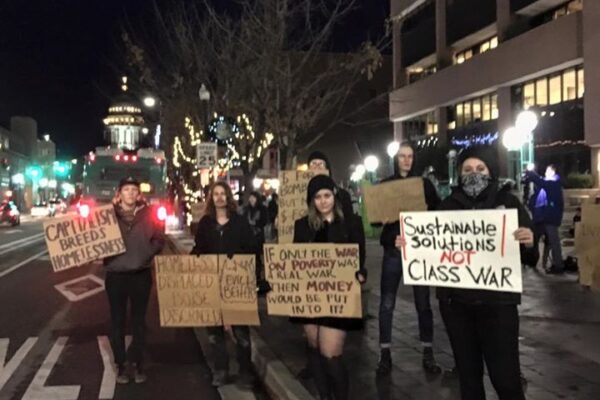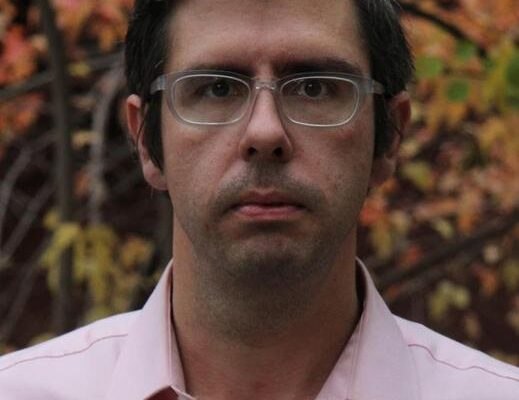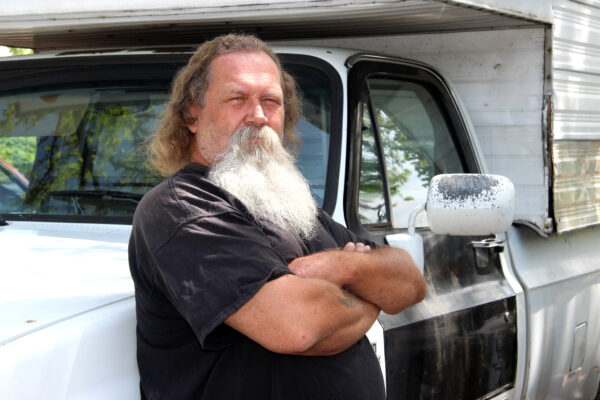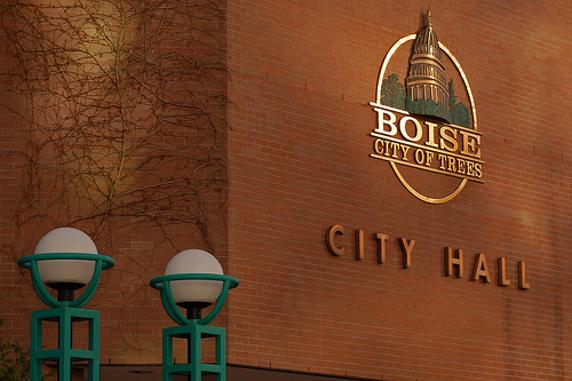Regrettably it comes only after lawsuit and at tax payer’s expense
Boise, ID—The Boise City Council will consider a repeal of sections of their new Anti-Solicitation Ordinance (ORD-34-13) at today’s regular council meeting at 6pm. This after the ACLU of Idaho, the National Law Center on Homelessness and Poverty (NLCHP) and two Boise residents won a court preliminary injunction to halt the ordinance from taking effect.
The Council will consider repealing all the sections challenged in the lawsuit and leave the aggressive solicitation portion which was not challenged in the suit.
“The City Council is doing the right thing by repealing the unconstitutional provisions of its Anti-Solicitation Ordinance,” said Monica Hopkins, ACLU of Idaho Executive Director. “Their commitment to upholding the constitutional rights of all of its citizens starts with this vote. It’s unfortunate that it took court intervention to remind the council of its obligation.”
Joining the ACLU of Idaho in this lawsuit was the Washington D.C. based National Law Center on Homelessness and Poverty (NLCHP), which is already involved in a lawsuit against the city of Boise for its ordinance criminalizing camping.
“We are pleased the city council is repealing this ordinance,” said Eric Tars, Director of Human Rights and Children’s Rights Programs at NLCHP, “We hope the council and the mayor understand that with the money they spent defending these blatantly unconstitutional ordinances, they could have instead fulfilled their homeless residents’ human rights to food and housing, so people wouldn’t have to panhandle in the first place.”
The court ruling on the preliminary injunction made it clear that this issue is fundamentally about a person’s constitutionally protected speech. Judge Edward Lodge found that purpose of the ordinance “is to suppress particular speech” and that the case “is not about whether being asked for a donation of money on a sidewalk makes a person feel uncomfortable,” but instead “about whether under our Constitution a person has a First Amendment right to ask for money” in public. “Business owners and residents simply not liking panhandlers in acknowledged public areas does not rise to a significant governmental interest,” the court concluded.
The ACLU of Idaho will continue to monitor communities across the state to ensure similar ordinances are not brought forth. Local and state governments have a responsibility to uphold the Constitutional rights of all their residents.




